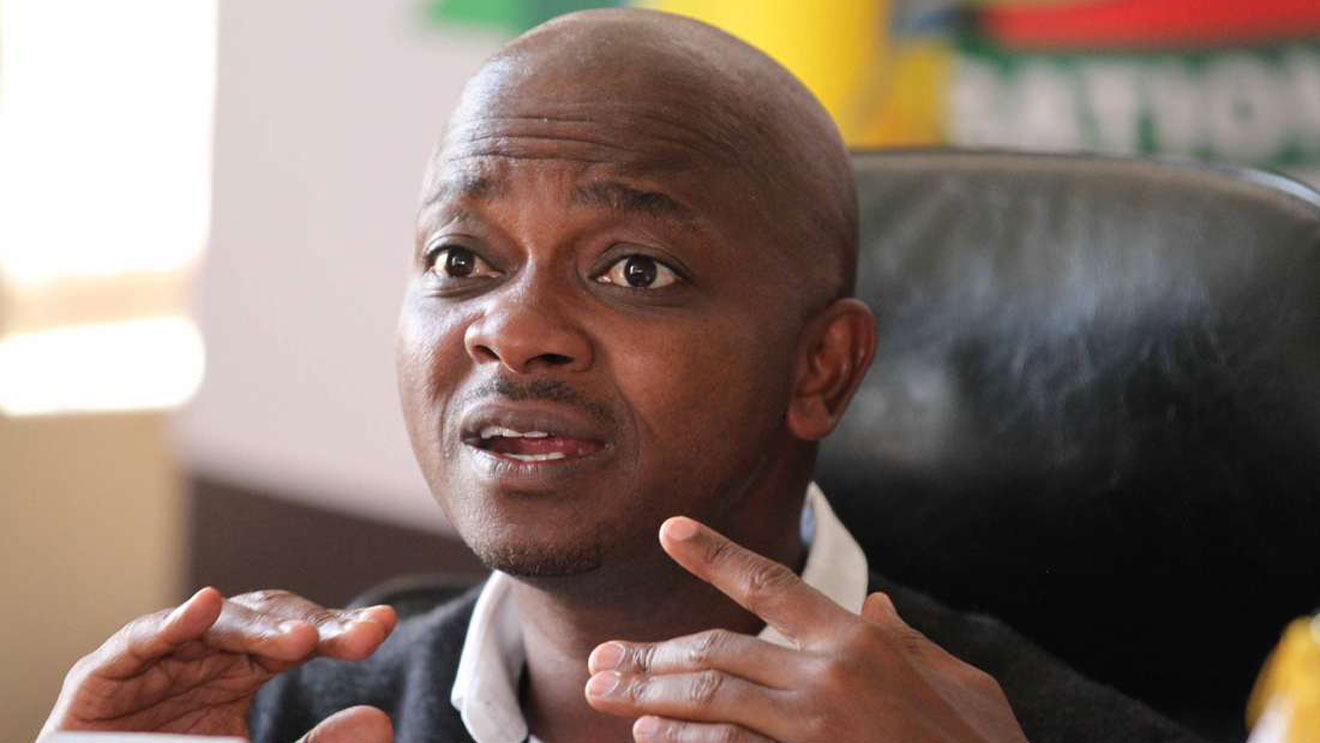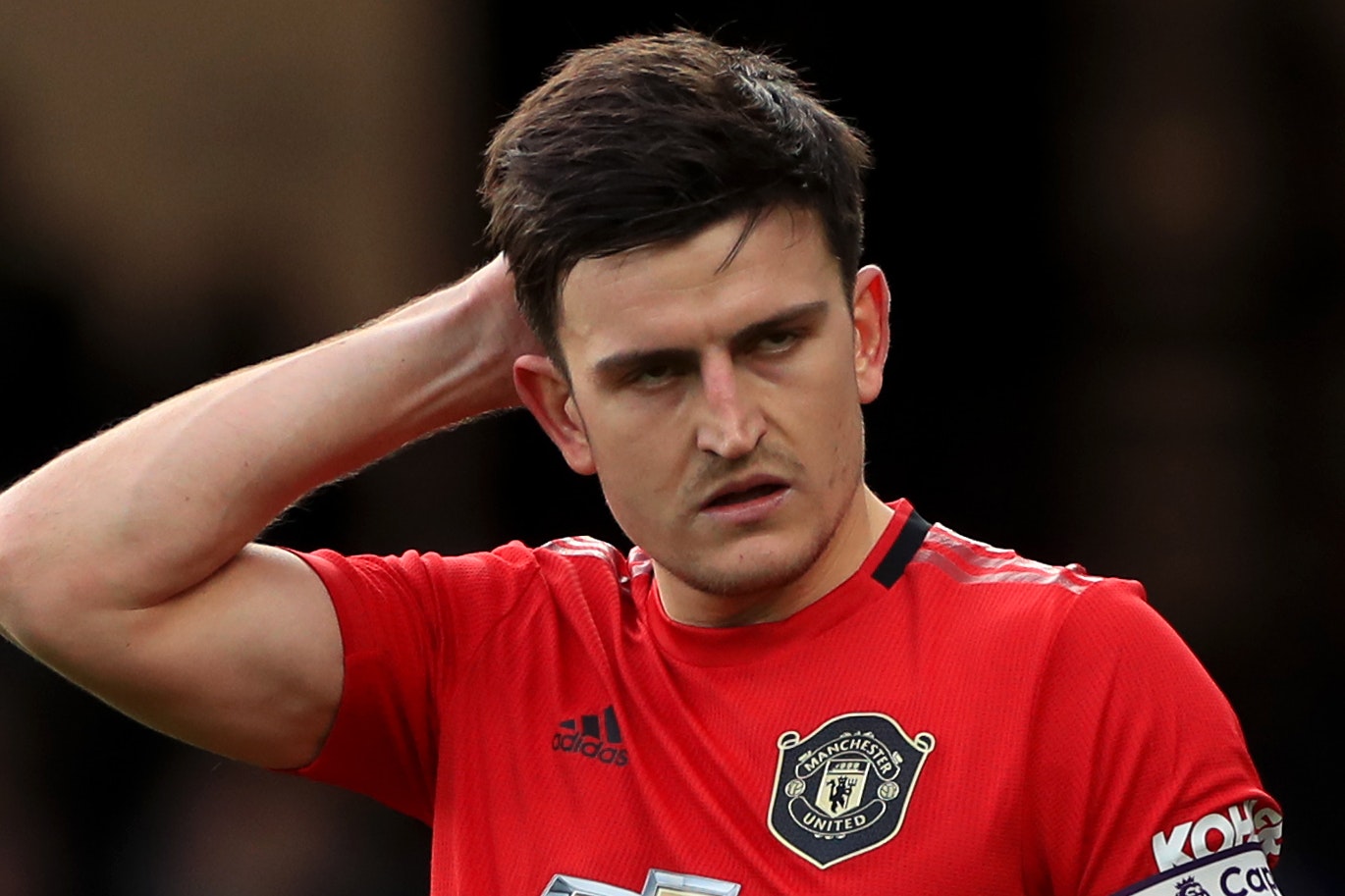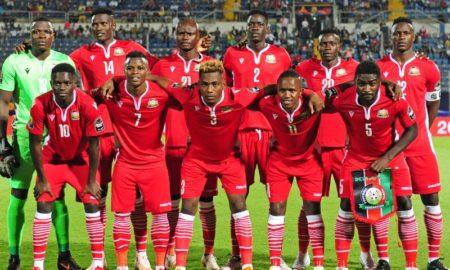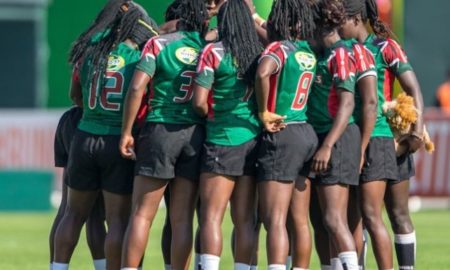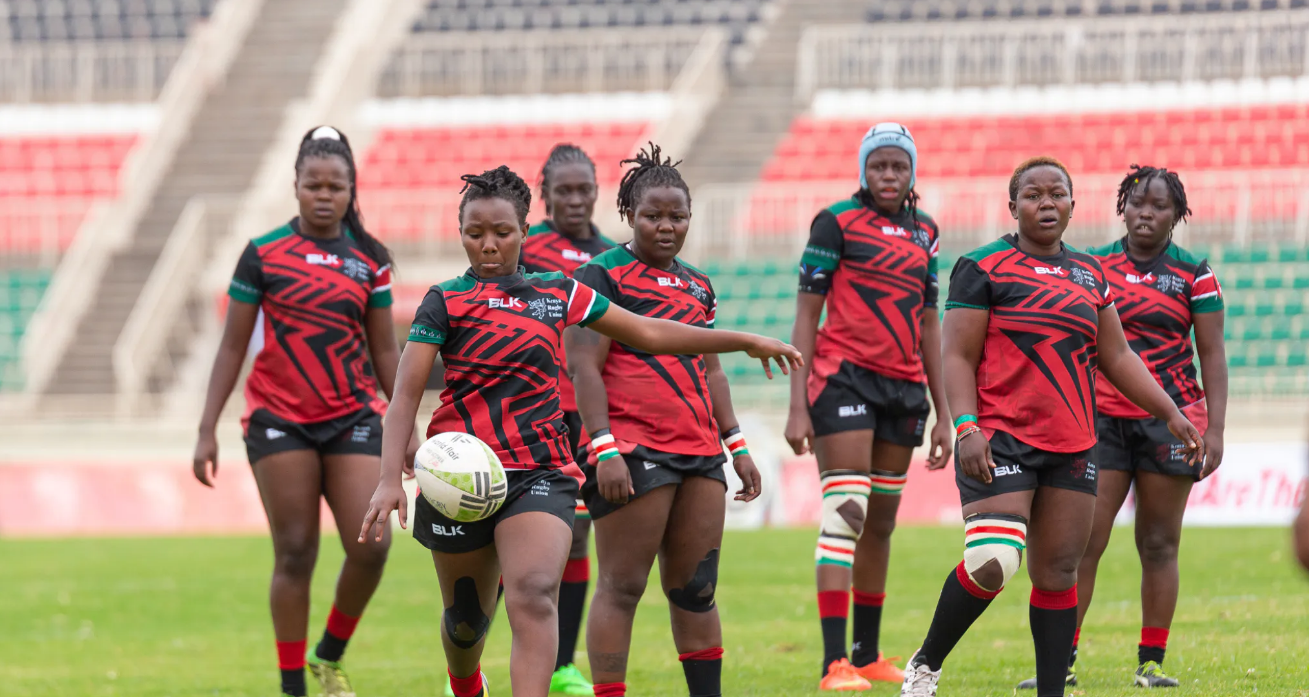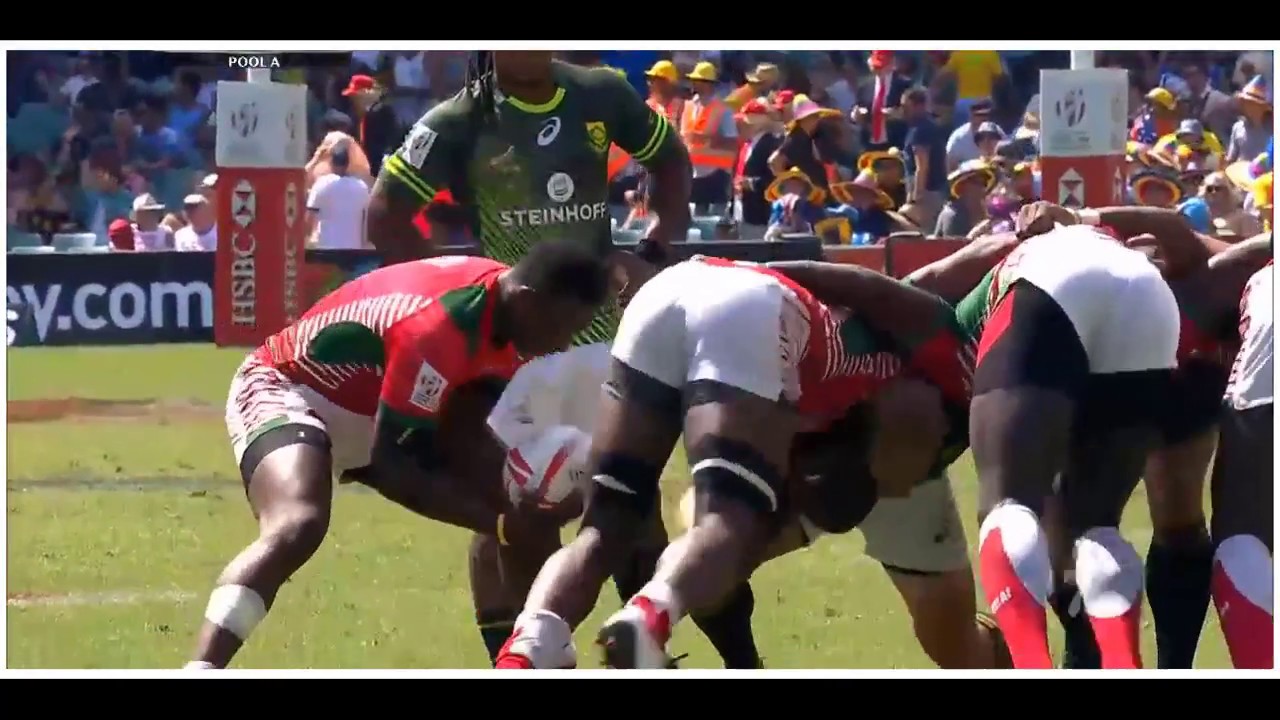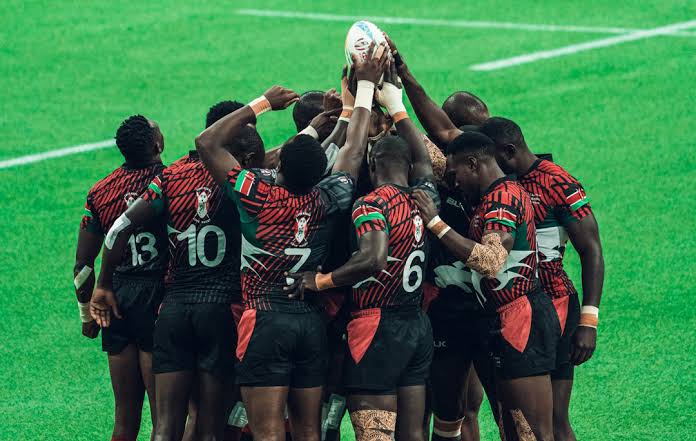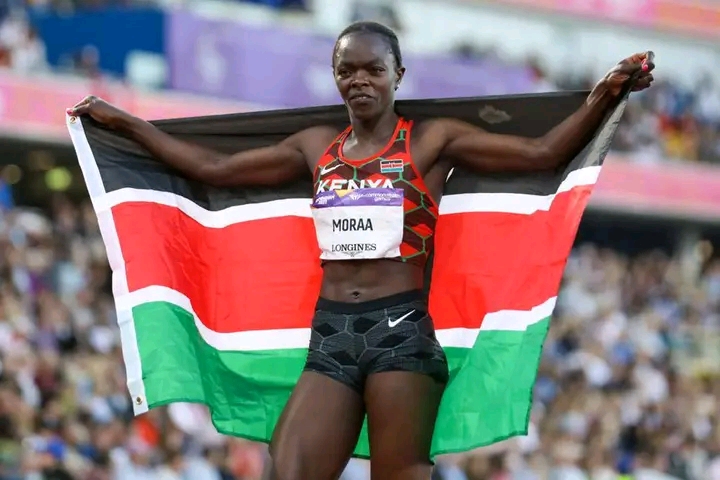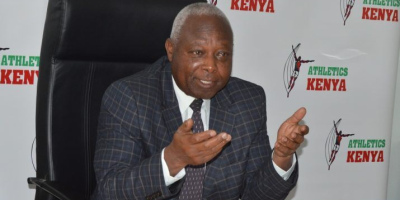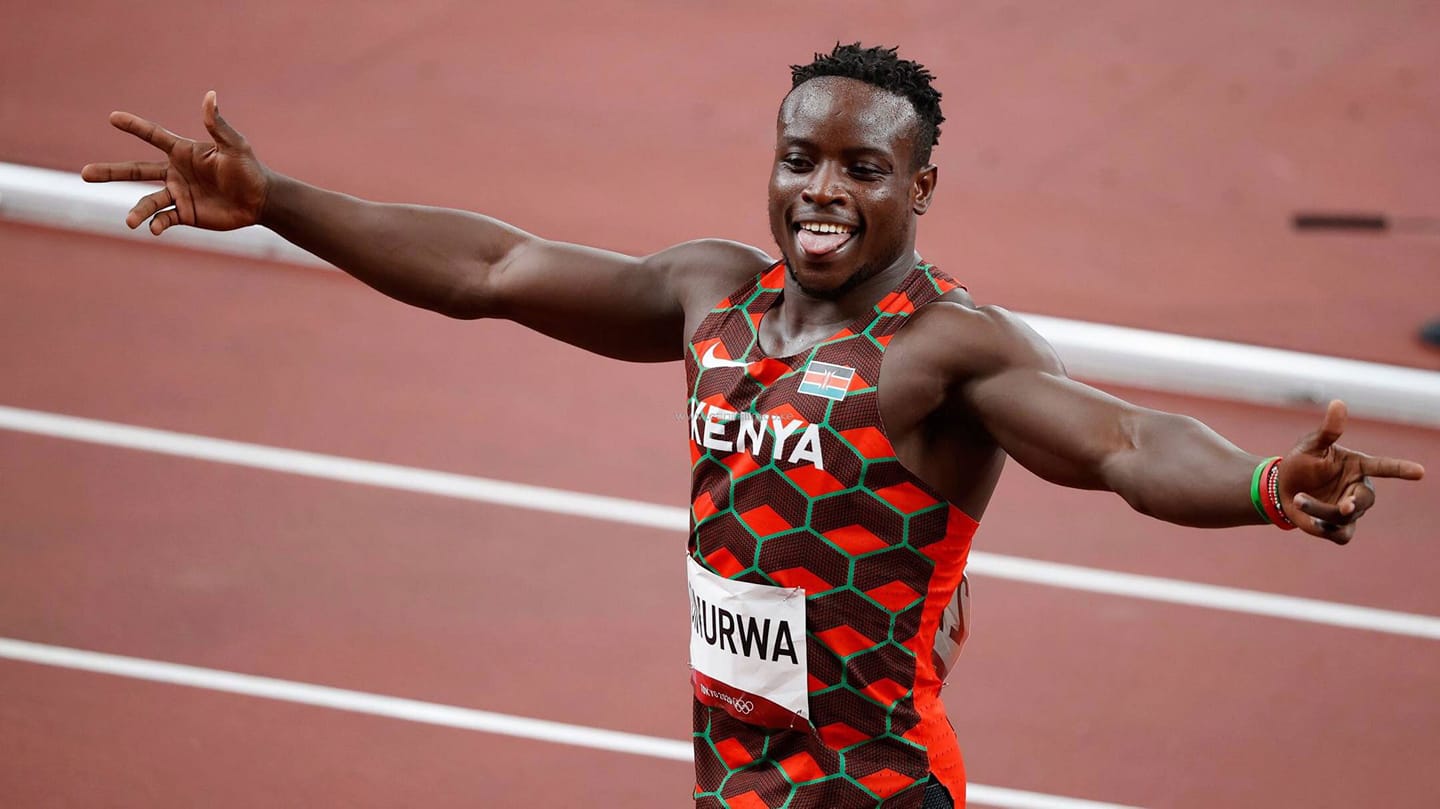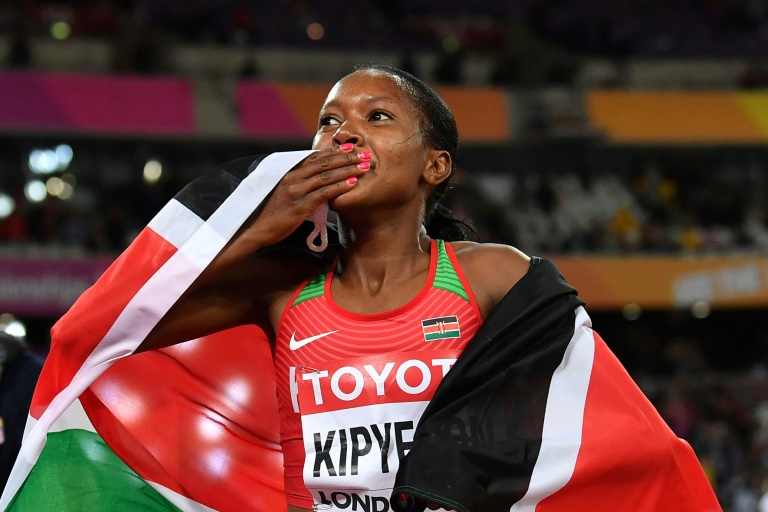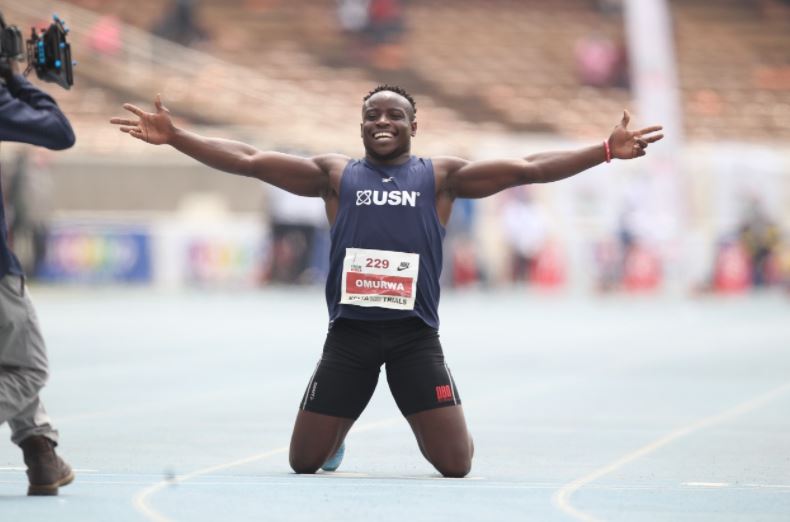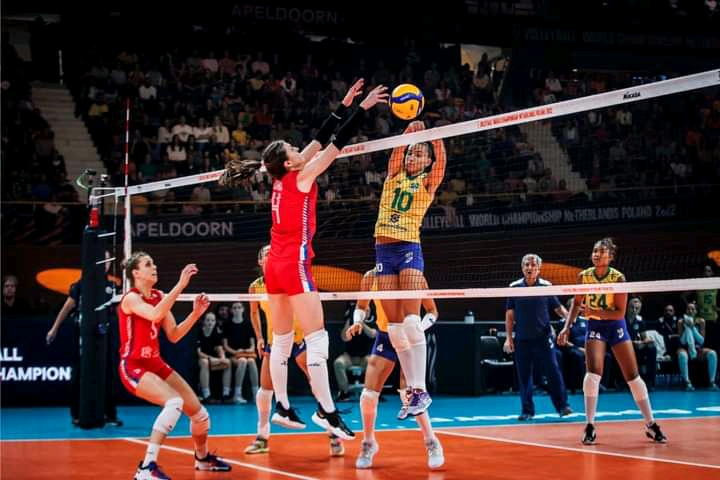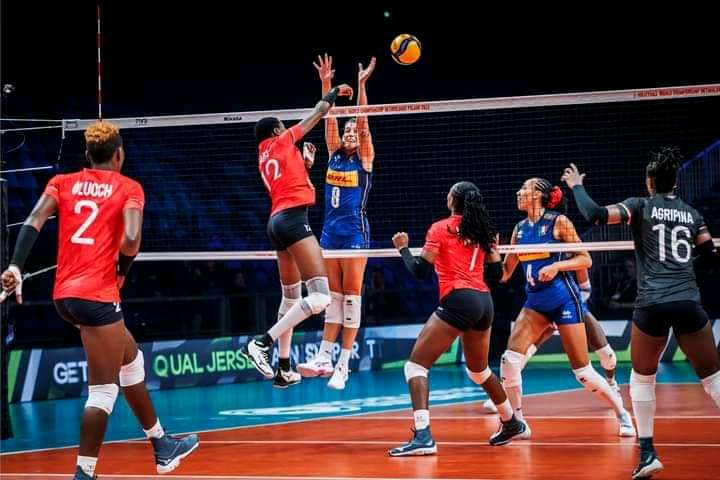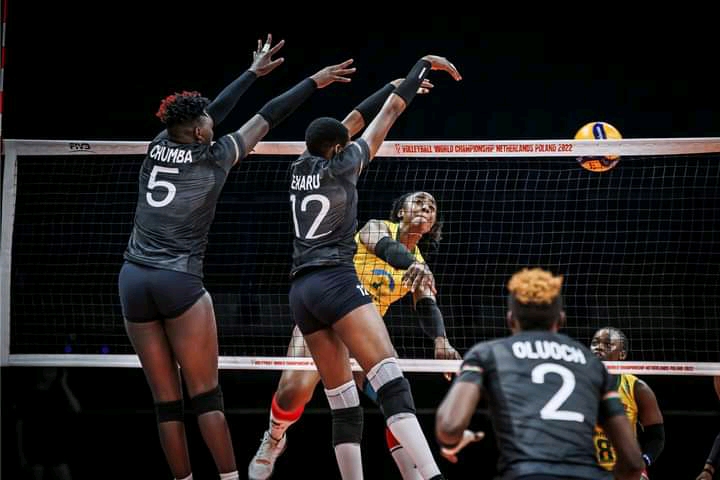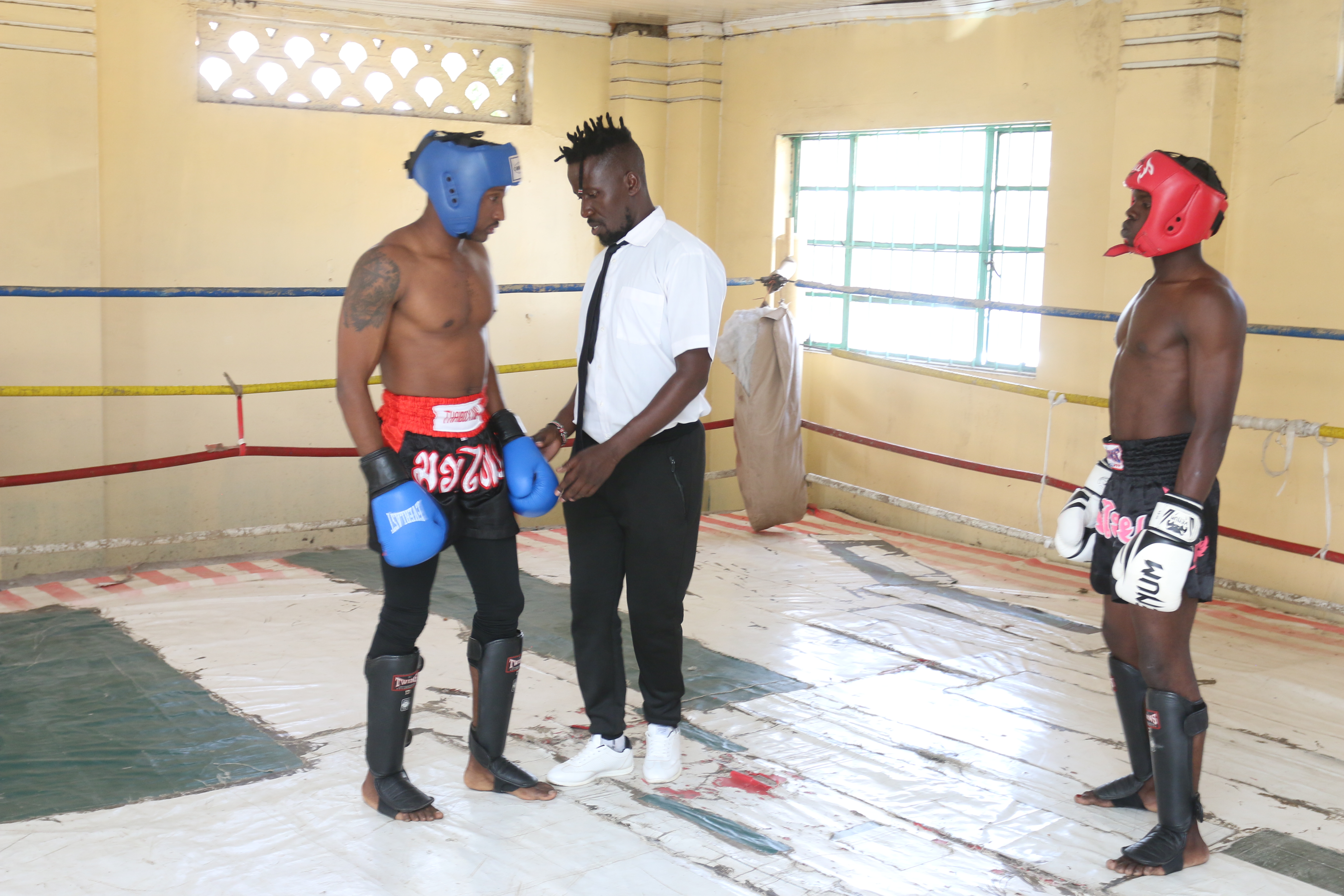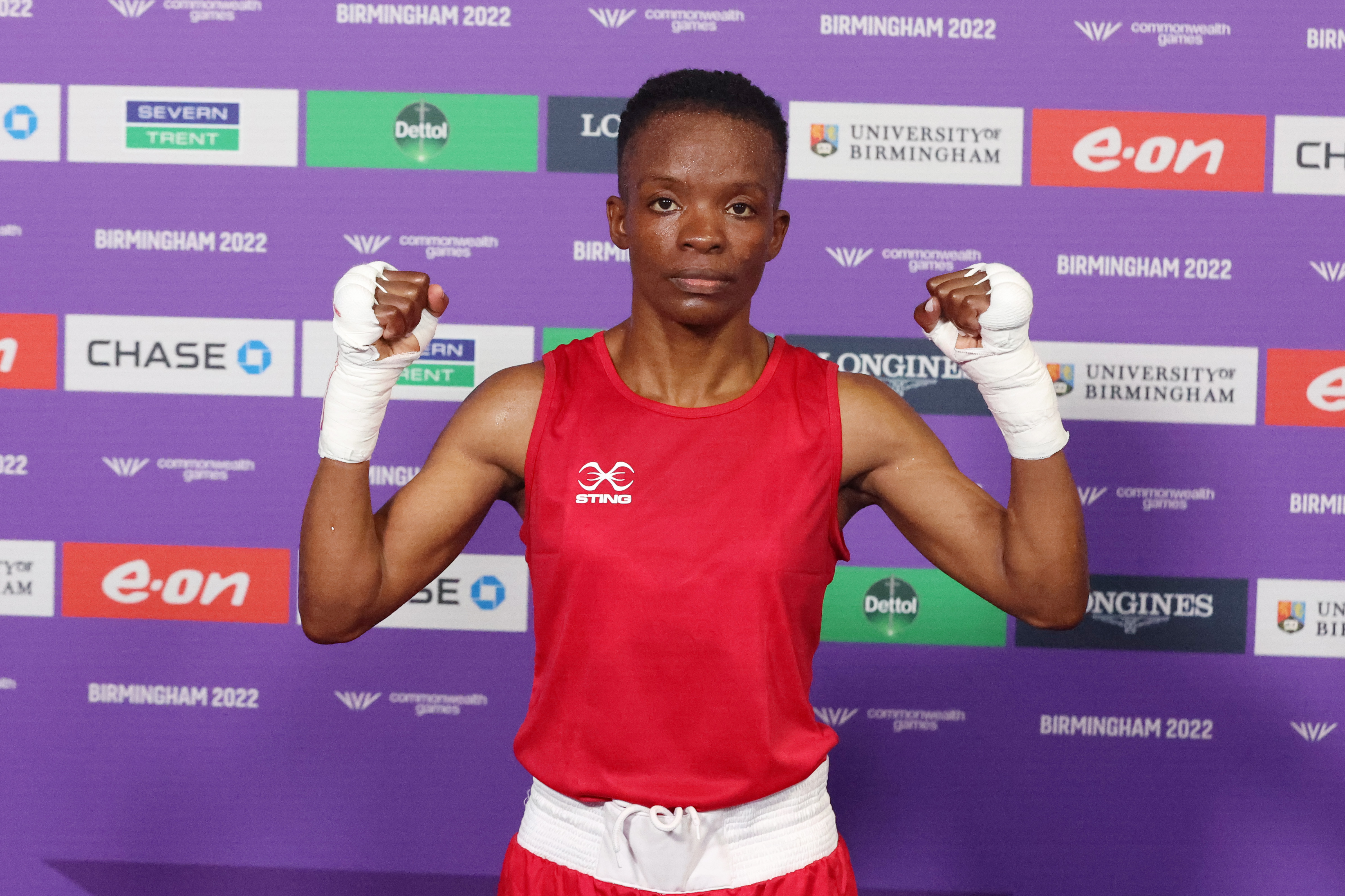Ten years before the Rumble, I had sat by the radio, listening incredulously as Ali (then called Cassius Clay) scored an astonishing upset win over champion Sonny Liston.
Now, Ali was facing a bigger, younger, stronger counterpart of Liston in Foreman. Foreman had demolished Joe Frazier and Ken Norton in two rounds apiece, knocking Frazier down six times but needing only two deckings to stop Norton. Frazier and Norton had both beaten Ali, then lost in rematches. All four of those fights had gone the distance.
In 1974, as in 1964, Ali entered the ring as an underdog. I thought he would lose to Liston, but I got fooled. I also thought he would lose to Foreman who, ironically, was a protégé of Liston’s before Sonny’s mysterious death in 1970.
At 26 years of age, Foreman was considered an irresistible force. Based on his performances in his comeback from a three-year hiatus, the 32-year-old Ali was far from an immovable object, having been floored by Frazier and suffering a broken jaw at the hands of Norton.
I wasn’t going to listen to the “Rumble” on the radio this time. Instead, I went to the closed-circuit TV broadcast at a local sports venue.
I had disliked Ali when he was Cassius Clay, dismissing him as a bombastic blowhard who would fall apart the first time Liston landed a solid shot. As the years passed, I grew to admire Ali for his greatness as a boxer and his moral stand against the Vietnam War. But I didn’t see how he could beat Foreman.

Speed seemed to be the only counter to Foreman’s other-worldly power. But Ali’s speed – once his greatest asset – had eroded during his exile.
The arena was packed on fight night. A big screen was set up in front of the ascending rows of seats. The device that was supposed to project the fight resembled a ray gun from a Flash Gordon movie from the 1930s. It didn’t look like it would work, but it got the job done.
When the fight began, the crowd let out a collective gasp as Foreman forced Ali onto the ropes – and kept him there, hammering punches at the former champion’s body and head. Ali was landing some shots in return, but it looked like a rifle trading fire with a cannon.
Somehow, Ali made it through the first round, and even pumped his fist in a cheerleading
gesture when the bell rang. But still … how in the hell was he going to win if he continued to allow Foreman to pound him as though he were a heavy bag?
Second round, same thing. Foreman fought like a bull with a cape-less matador standing right in front of him. Ali leaned back until it looked as though he might flip over the top rope and land in the press section. Yet he didn’t go down. When the bell ended the round, he had lasted longer against Foreman than either Norton or Frazier had managed. But how much farther could he go, employing what seemed to be the worst strategy possible against a puncher like Big George?

As the third, fourth and fifth rounds passed, the crowd sat in incredulous silence, save for one loudmouth who kept shouting, “You’re clumsy, George! You’re clumsy!” No one told the guy to shut up, though; he was just telling the truth. Foreman was flailing his arms like an amateur as he continued to attack an object that did, indeed, seem to be immovable.
Not only that; the target was beginning to hit back. And Foreman didn’t seem to know what to do, other than continue to bull forward and throw roundhouse haymakers that got slower and slower, weaker and weaker.
Finally, in the eighth round, Ali threw a combination that sent Foreman pirouetting like a drunk figure-skater. George went down, and could not beat referee Zack Clayton’s 10-count.
I joined the rest of the crowd in a standing, cheering ovation in honor of Ali’s amazing achievement. Once again, he had overcome a monster who’d been expected to eat him alive. Once again, the doubters, including myself, had to eat our words.
They tasted as good as Halloween candy.
Charles R. Saunders is the author of several books including Sweat and Soul: The Saga of Black Boxers in the Maritimes from the Halifax Forum to Caesars Palace, as well as the Imaro series of fantasy/adventure novels. Considered by many to be one of the leading authorities on boxing in Canada, he is the current Vice-President of Boxing for the Society of North American Sports Historians and Researchers. His award-winning novel, Damballa, which centers around a fictional heavyweight title bout, is available at Amazon.com. An e-book version of his first Imaro novel is available at www.lulu.com.
- Advertisement -
